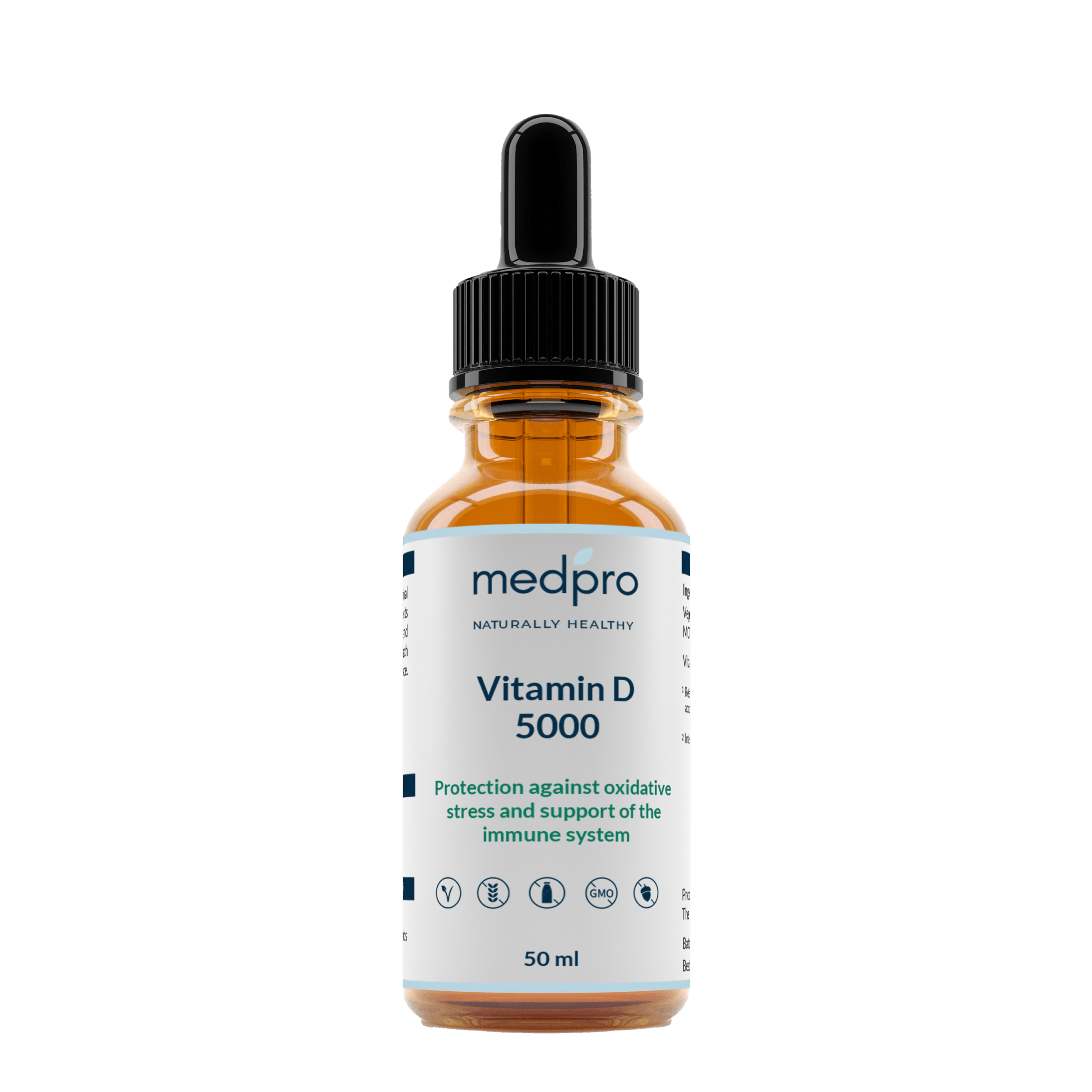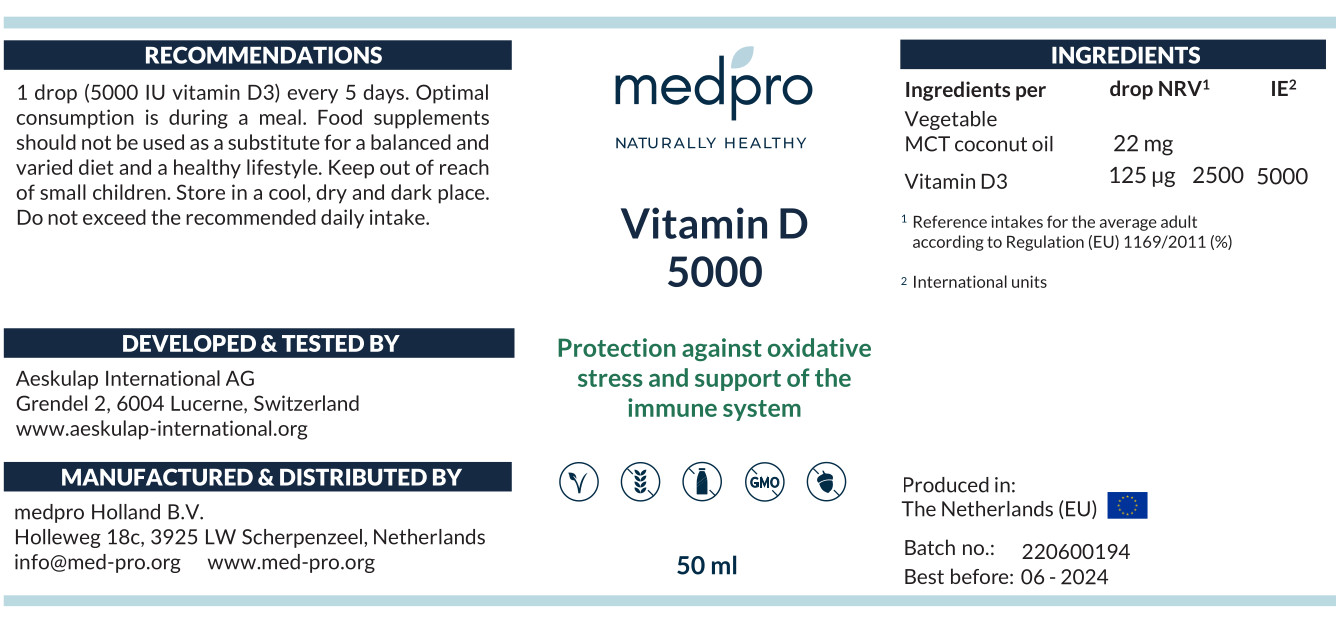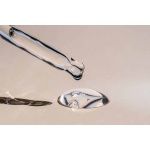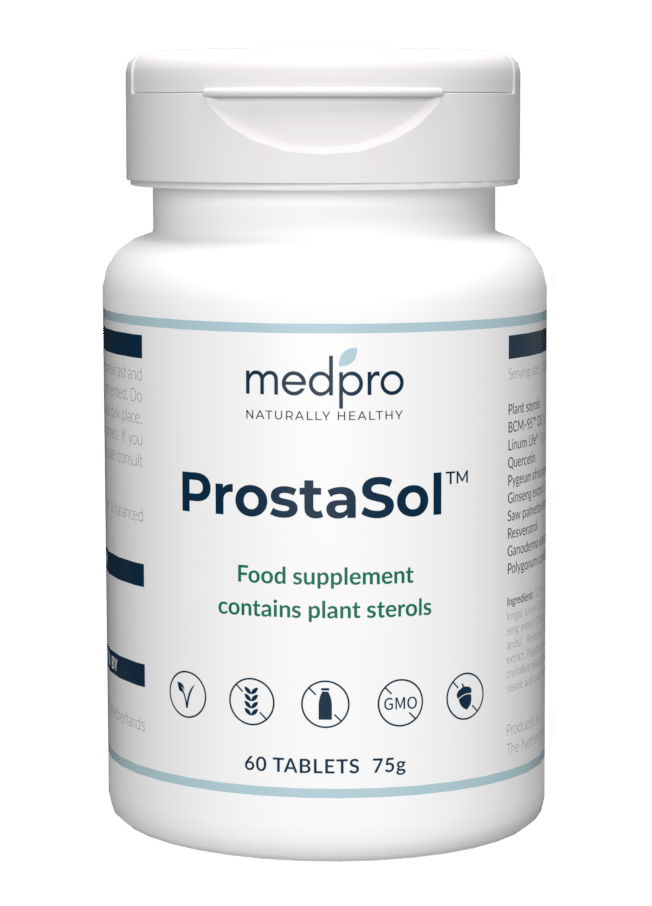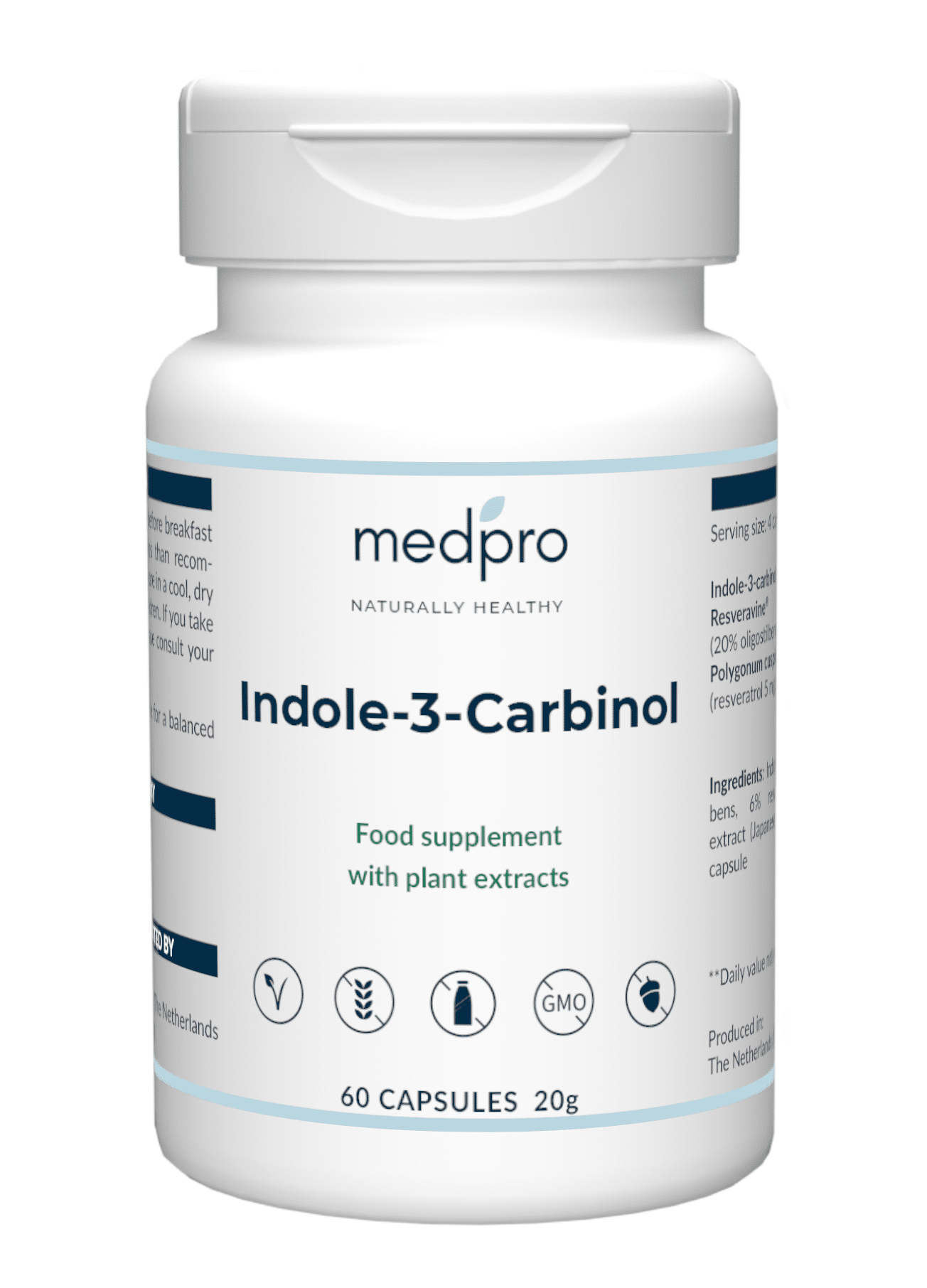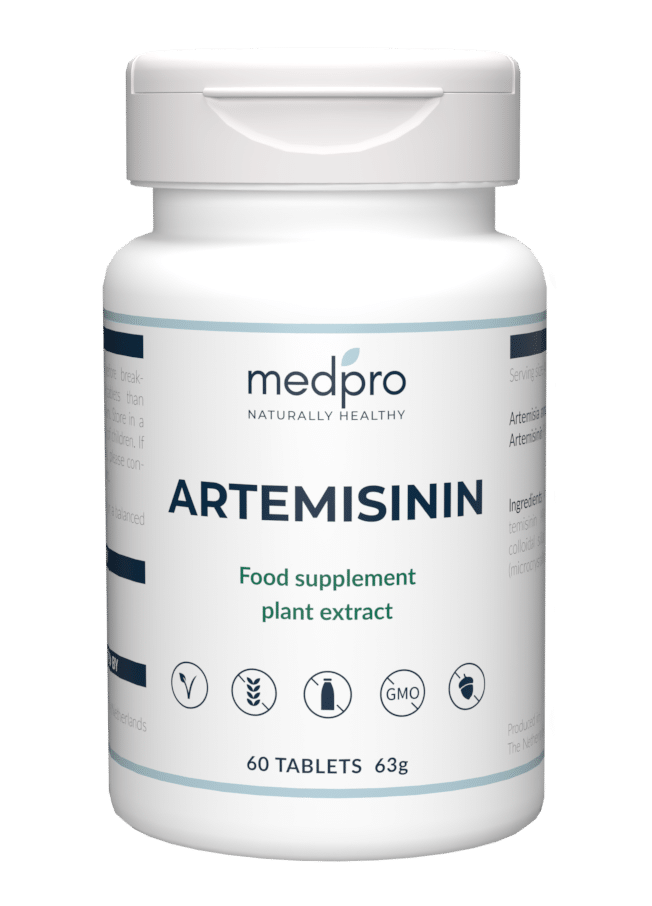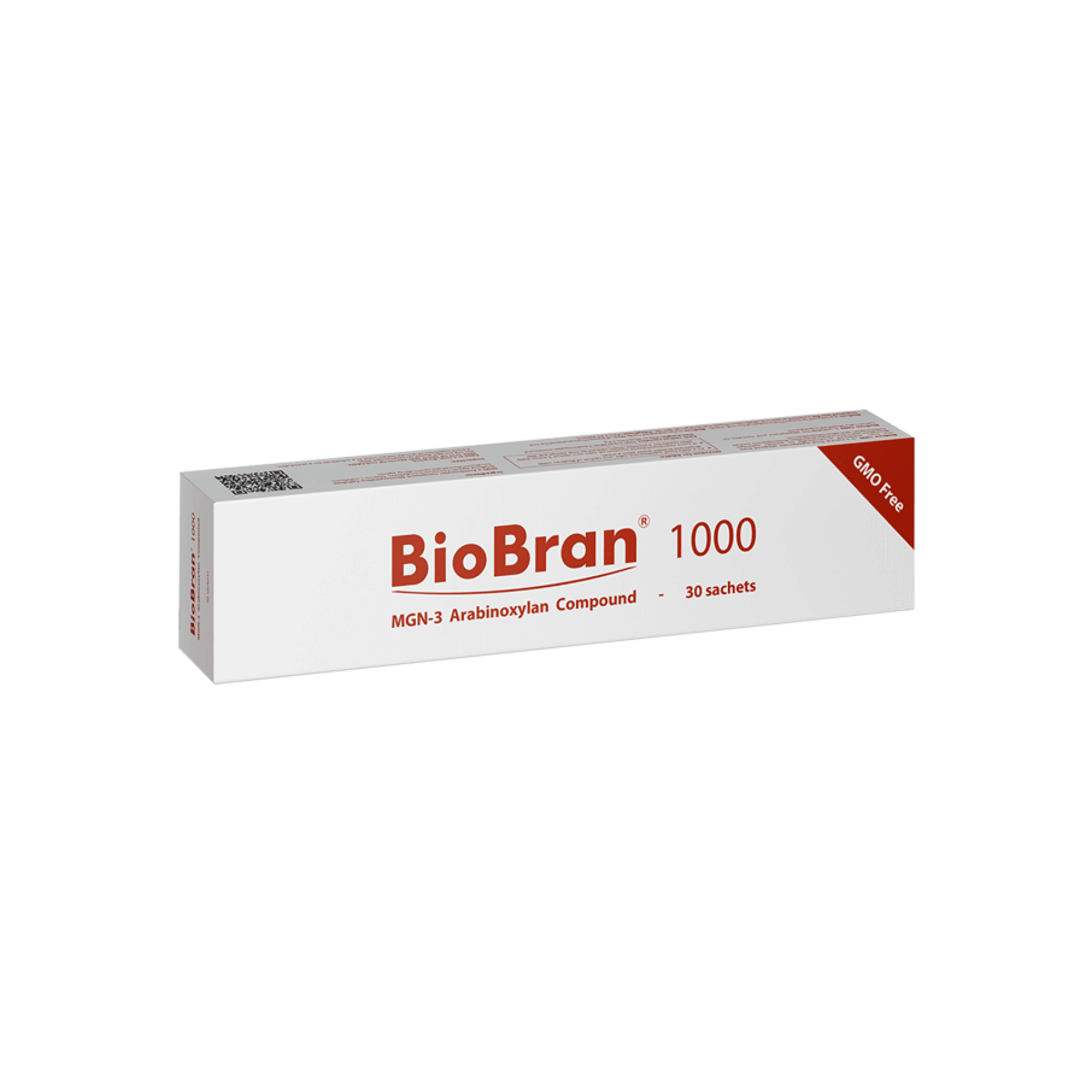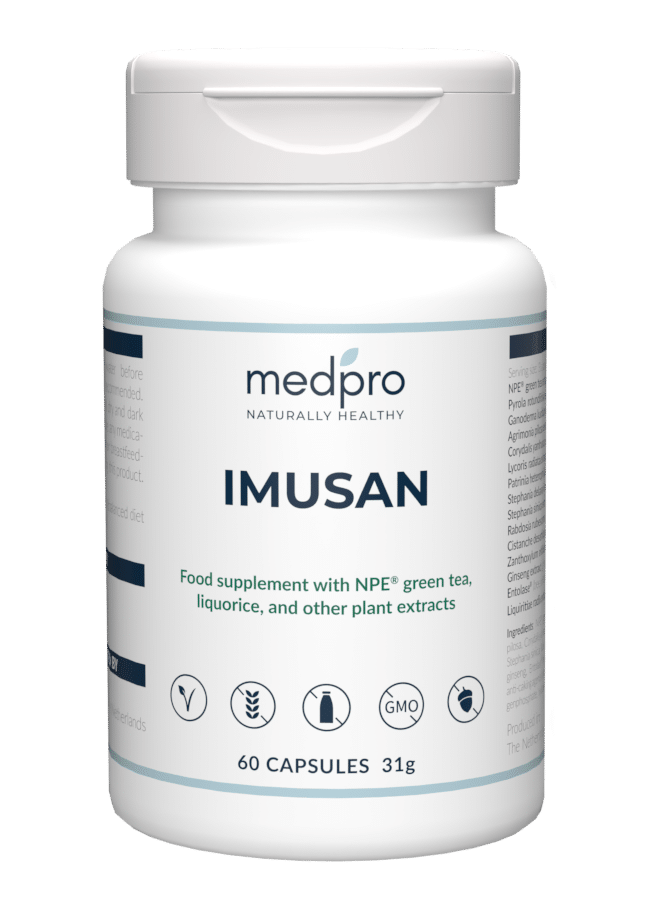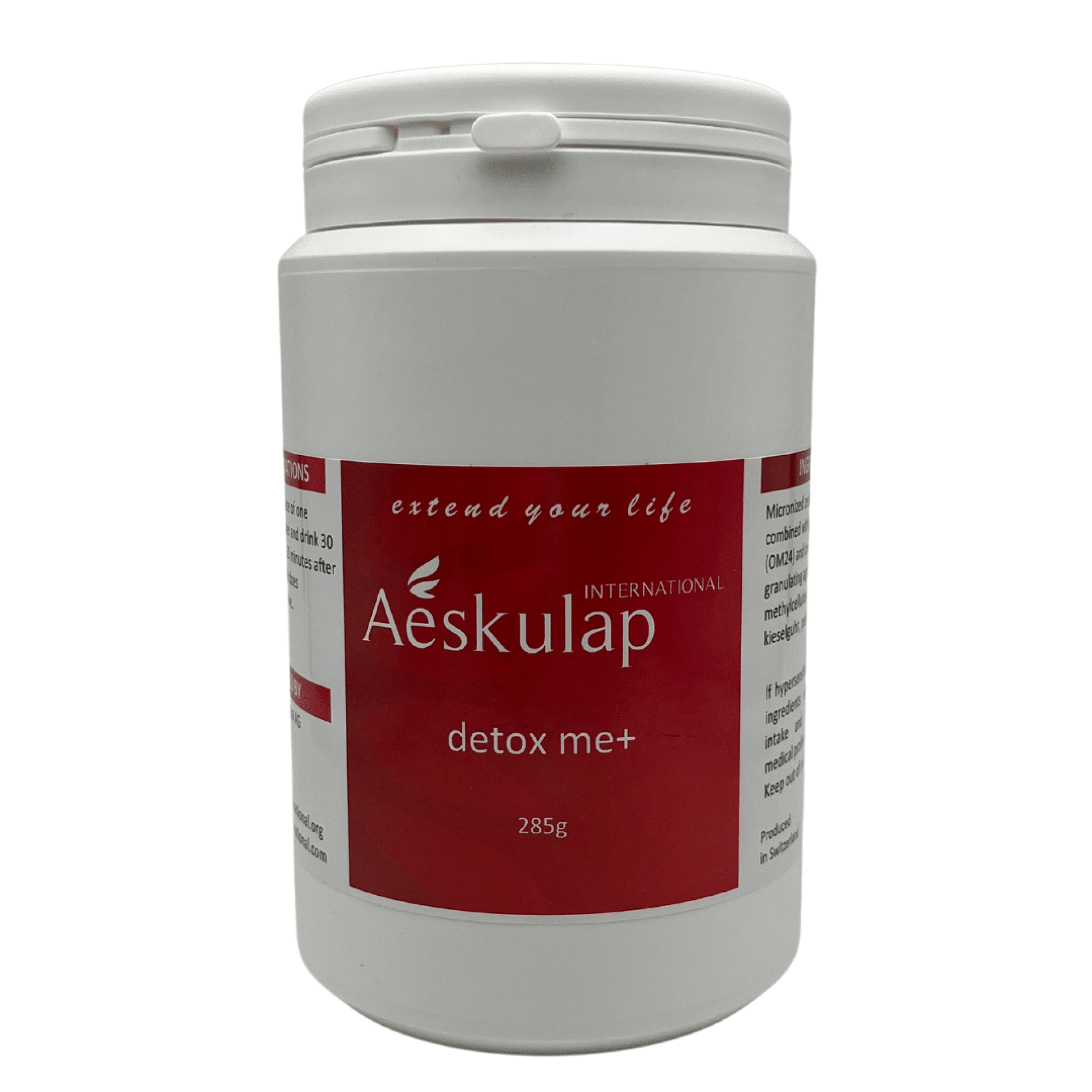Vitamin D 5000
– Highly dosed with 5000 IU per drop
- high vitamin D3 content
- Family pack with 1750 drops in a bottle
- Highest bioavailability thanks to MCT coconut oil
19,50 €
Developed with medical specialists
More than 17,000 satisfied customers
Personal expert advice
Vitamin D 5000 supports particularly well with
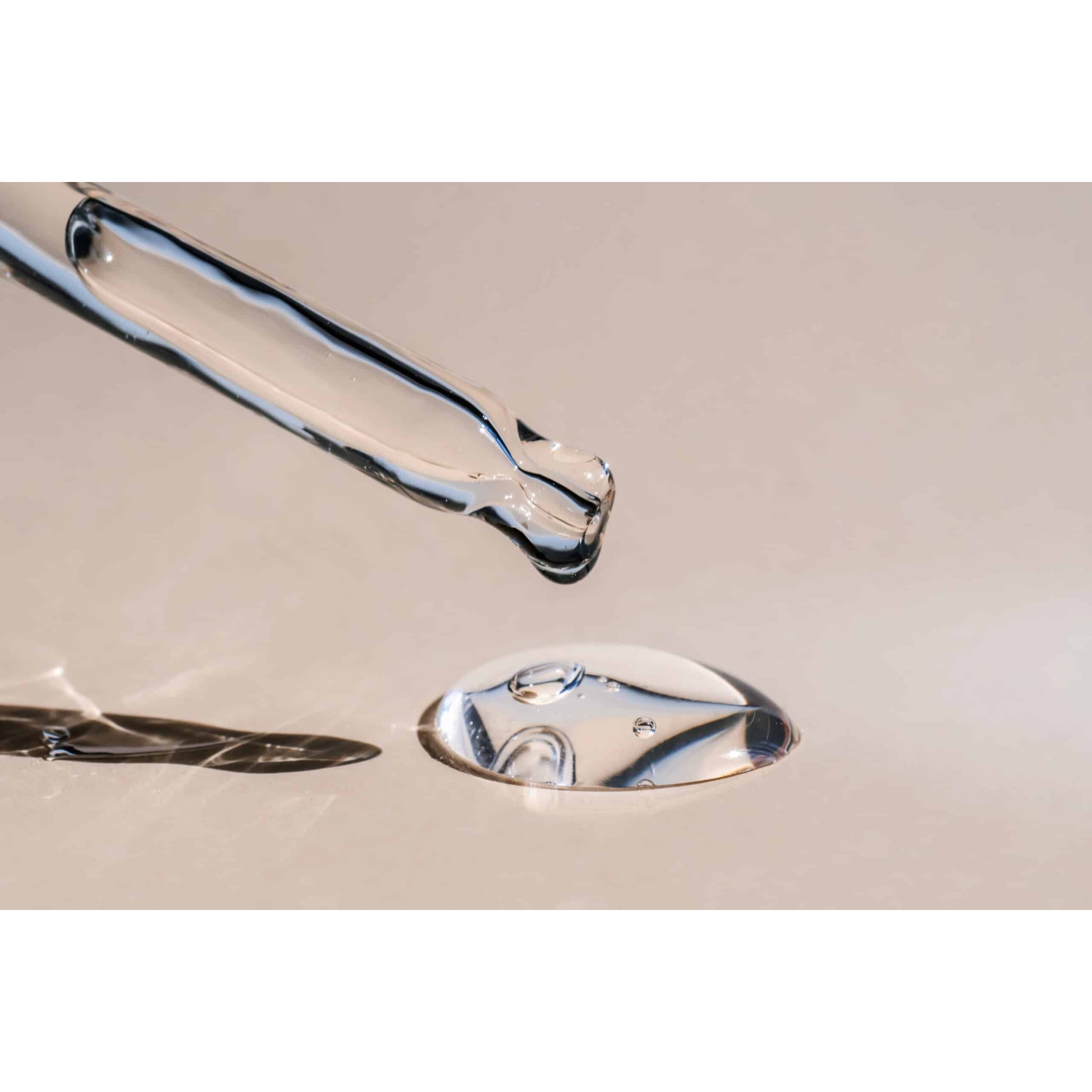
Bioactive premium ingredients
Vitamin D 5000
from medpro has a high vitamin D3 content (5000 IU). It contains no other fat-soluble vitamins and supports a strong immune system and optimum cell protection.Vitamin D3 normalizes calcium/phosphate homeostasis in the blood to protect muscle function and bone and tooth substance.
MCT coconut oil as a carrier molecule
Vitamin D from medpro also contains a high-quality and purely plant-based MCT coconut oil, which increases the absorption of vitamin D.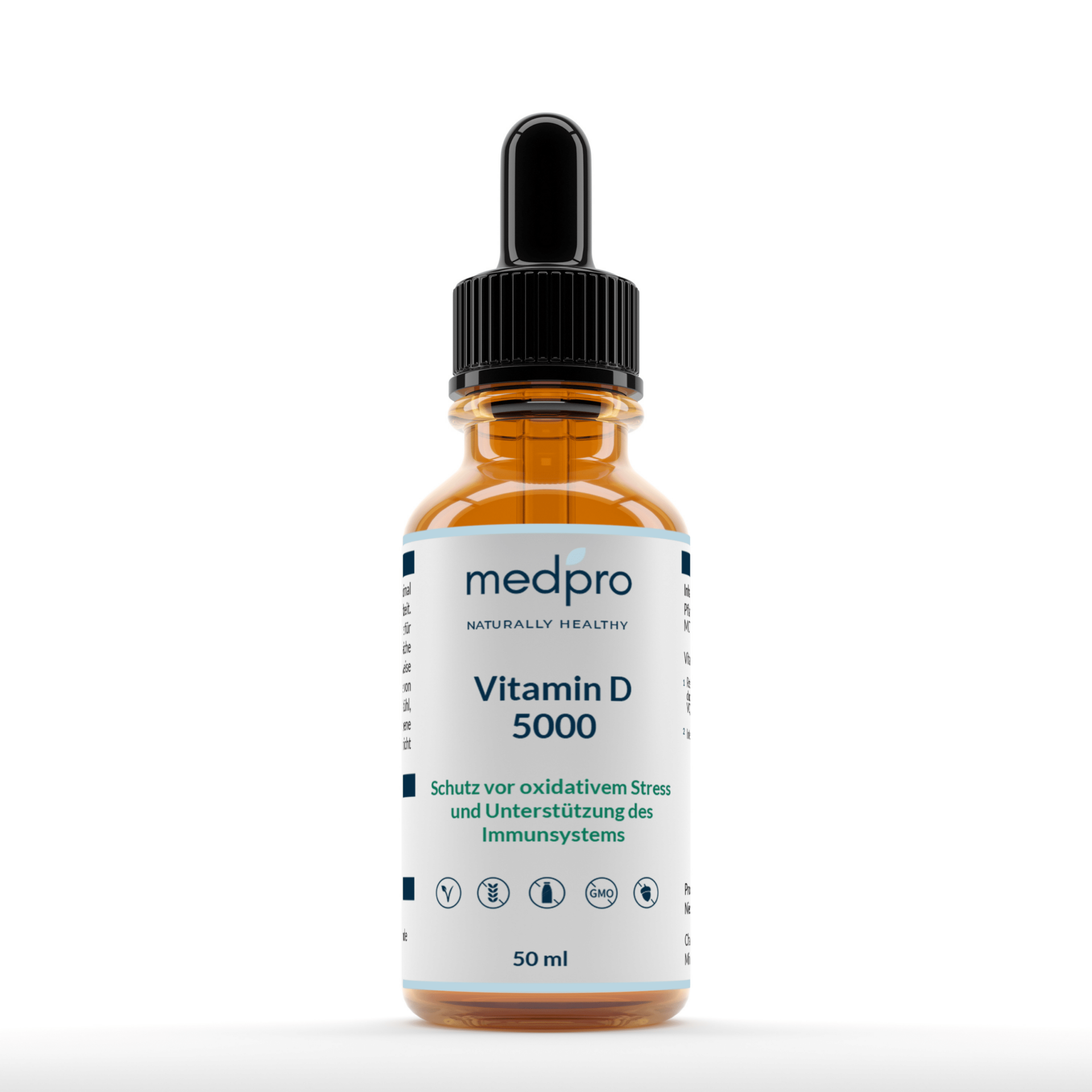
The uniqueness of Vitamin D 5000
Vitamin D 5000 from medpro
is free from separating agents and binders, vegetarian, gluten-free and lactose-free.The practical pipette integrated in the lid allows for accurate dosing so that you can easily take the desired amount.
Consumption recommendation
- 1 drop (5 000 IU vitamin D3) every 5 days. It is best consumed during a meal. The optimum storage conditions for sealed LipoVitamine Forte 5000 are cool and dark (max. room temperature 17-20°C or in the refrigerator). After opening, we recommend storing the product in the refrigerator (5-7°C). We recommend closing the lid again quickly after removal to keep the oxygen inflow to a minimum. The product has a shelf life of 2 years from the date of manufacture (best before date). The product will only remain stable and usable for a long time if it has not been contaminated since opening. When removing the drops, it is very important that the dropper pipette does not touch any food or other items so that the product retains its taste. It is therefore recommended to always drip from a distance of at least 10 cm, preferably 15 cm, to avoid contamination. Food supplements should not be used as a substitute for a balanced and varied diet and a healthy lifestyle. Keep out of the reach of small children. Store closed, cool, dry and protected from light. The recommended daily intake must not be exceeded.
Ingredients
| Ingredients per daily portion | mg | % NRV* |
| Vegetable MCT coconut oil | 27 mg | |
| Vitamin D3 | 125 µg | 2500 |
The 8 most asked questions
Vitamin D plays a central role in regulating calcium and phosphate metabolism in the body, which is important for strong bones and teeth.It also supports the immune system, the cardiovascular system and can influence mood.A lack of vitamin D can lead to health problems such as osteoporosis or fatigue, and it is often recommended to make sure you have an adequate supply to promote general wellbeing.
A vitamin D deficiency can manifest itself in various ways.The most common symptoms include fatigue, general weakness, bone pain, muscle pain and an increased susceptibility to infections.In more severe cases, a deficiency can also lead to bone weakness or osteoporosis.If anyone notices these symptoms or has concerns, they should consult a doctor to have their vitamin D levels tested.
The vitamin D supply can be strongly influenced by the season and lifestyle.In the winter months, when there is less sunlight, the body's production of vitamin D through the skin may be reduced.Also, people who spend a lot of time indoors or in northern latitudes may not have enough sun exposure to produce sufficient amounts of vitamin D.In such cases, it may therefore make sense to take supplements to cover the requirement.
Vitamin D can be produced by sunlight on the skin, but it is also found in some foods.Natural sources include fatty fish such as salmon and mackerel, liver, egg yolk and fortified foods such as certain dairy products or plant milks.To make sure you get enough vitamin D, you can also take supplements, especially if your sun exposure or diet is not enough to meet your daily needs.
Individual vitamin D requirements can vary depending on age, state of health, lifestyle and geographical location.A blood test by a doctor can provide information on whether the vitamin D level is in the optimum range or whether there is a deficiency.Based on this test, a targeted decision can then be made as to whether and how much additional vitamin D should be taken.It is advisable to consult a doctor if you have any concerns or uncertainties in order to receive a personalized recommendation.
High doses of vitamin D can lead to health problems if consumed in excess, such as hypercalcemia (too much calcium in the blood), which can cause symptoms such as nausea, vomiting and kidney problems.It is important to follow the recommended dosage guidelines and not take more than recommended.If unsure, consult a health advisor to determine the correct dose for your personal needs and avoid overdosing.
Vitamin D in drop form offers the advantage of flexible dosing and can be more easily absorbed by the body as it is often in fat-soluble form.This can be an alternative for people who have difficulty with tablets or capsules.In addition, drops allow for more precise adjustment of the dose, which is particularly useful when individual dosages need to be adjusted.
Vitamin D drops should generally be stored in a cool, dry place away from direct sunlight to maintain their effectiveness.The bottle should be kept tightly closed and out of the reach of children.It is important to follow the storage instructions on the packaging to ensure that the product retains its quality.
Other products from our range
You are currently viewing a placeholder content from Google Maps. To access the actual content, click the button below. Please note that doing so will share data with third-party providers.
More InformationYou are currently viewing a placeholder content from Facebook. To access the actual content, click the button below. Please note that doing so will share data with third-party providers.
More Information
